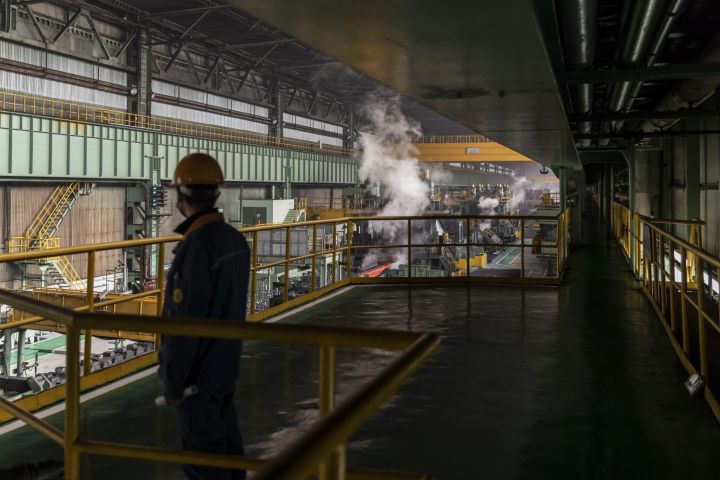Business Maverick
China’s Industrial Profits Drop as Covid Surges, Prices Fall

Profits at industrial firms in China continued to decline in the first 10 months of the year, weighed down by Covid restrictions and falling factory-gate prices.
The NBS hasn’t released single-month data since June.
“The structure is in general improved while the profit is dropping,” said in an interpretation statement with the data. “The Covid outbreaks in China and the recession risks of the global economy may add more pressure to the recovery of industrial profits.”

Covid restrictions were tightened in October as outbreaks began to spread in regions including Guangdong province, a manufacturing hub, curbing business and consumer activity. Global demand has also slowed rapidly, leading to an unexpected contraction in exports last month.
Businesses are struggling to raise prices as deflation hits, putting a squeeze on profit margins. Producer prices contracted for the first time in almost two years in October, largely due to falling global commodity prices and weakening domestic demand as Covid restrictions spread.
Bruce Pang, chief economist and head of research for Greater China at Jones Lang LaSalle, said on Sunday in a statement sent via Wechat that destocking by industrial companies has slowed down, which may be related to industrial supply-chain stability. Turnover days for products and the average payback period of accounts receivable were 18.2 days and 54.6 days respectively at the end of October, an increase of 0.2 days and 0.6 days from that of end-September, Pang said.
While authorities introduced a series of measures to make Covid controls more targeted and reduce their impact on the economy, a surge in cases to a record last week has prompted major cities including Beijing and Guangzhou to tighten mobility curbs. The prospect of a difficult and slow reopening of the country has led some economists to downgrade their growth forecasts.
















 Become an Insider
Become an Insider
Comments - Please login in order to comment.